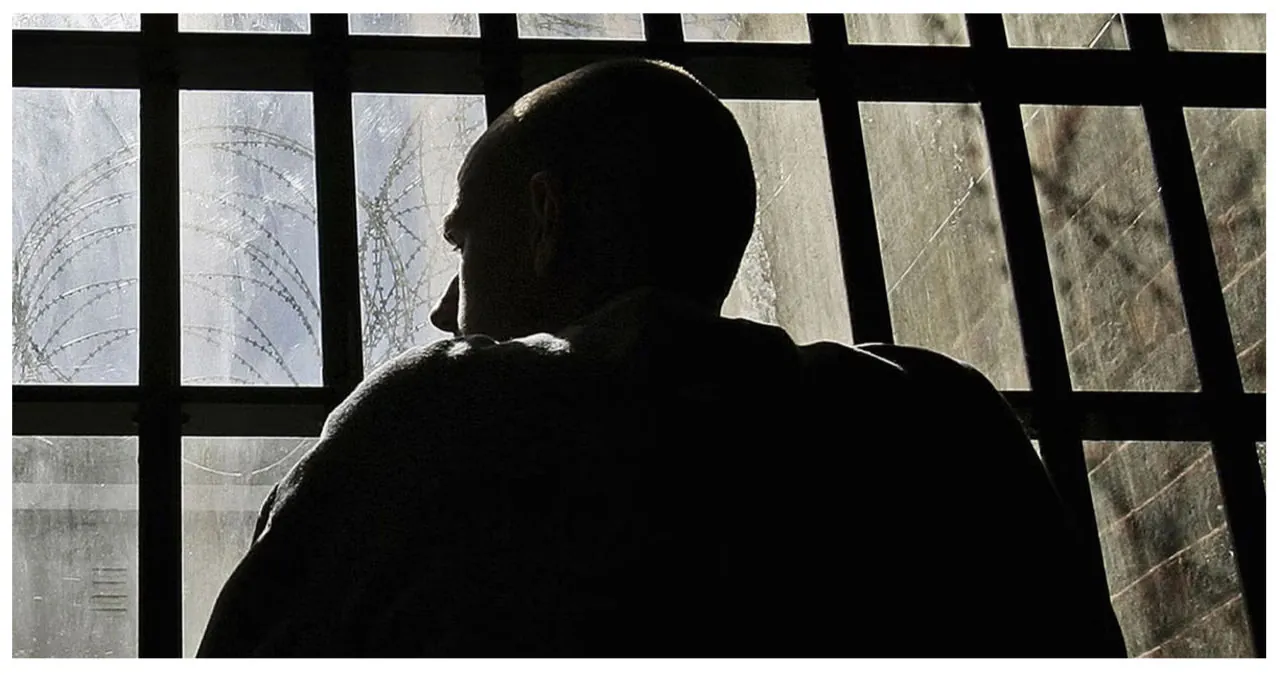Aiexpress – A recent report has revealed that prisoners with mental health needs who are serving indefinite jail terms are often subjected to isolation. Shockingly, one prisoner has spent over two years in segregation, highlighting the concerning treatment of individuals with mental health issues in the prison system.
According to the Independent Monitoring Board (IMB), overcrowded prisons frequently resort to using care and separation units (CSUs) as a temporary solution for holding inmates with complex mental health needs. These units, originally intended for managing poor behavior, are being utilized due to delays in finding available space in health units.
Inmates serving imprisonment for public protection sentences (IPP), which involve offenders being assigned a minimum jail term without a maximum, often experience significant challenges. One of the most concerning issues is the high rate of suicide and self-harm among these individuals.
A total of 8,711 individuals were subjected to IPP sentences, which were later abolished in 2012. However, this abolition was not made retroactive, resulting in nearly 3,000 individuals remaining incarcerated, even for relatively minor offenses. Shockingly, almost 700 of these inmates have surpassed their minimum term by more than 10 years.
According to a report by The Independent, the number of inmates serving Indeterminate Sentences for Public Protection (IPP) who have died by suicide has increased. Last year, it was discovered that an additional seven individuals had taken their own lives, raising the total number of such fatalities to 88.
According to the IMB report, a particular inmate with a personality disorder endured more than 800 days in the CSU. Throughout this period, he consistently engaged in self-harming behaviors until he was ultimately transferred to a mental health unit.
In a category B training prison, an IPP prisoner with severe mental illness and physical and learning disabilities was confined in the CSU for more than 250 days. Concerns were raised by IMB volunteers regarding his worsening condition, noting that he appeared confused, tearful, and displayed unpredictable and volatile behavior.
According to the report, men’s mental wellbeing and behavior tended to worsen even more during extended periods of isolation.
At HMP Coldingley, a Category C prison in Surrey, two out of three recent self-inflicted deaths occurred among men serving IPP sentences who were in segregation.
In March of last year, they tragically lost their lives following the government’s decision to disregard the justice select committee’s recommendation to reevaluate the sentences of all IPP inmates.
According to the report, many IMBs stated that this announcement had a significant impact on the mental health of IPP prisoners, leading to feelings of hopelessness.
Donna Mooney, a member of the IPP campaign group UNGRIPP, tragically lost her brother Tommy Nicol in 2015. Tommy took his own life after enduring 90 days in segregation, which included a period in an unfurnished cell.
According to her, the use of segregation poses a significant problem for individuals serving an Indeterminate Public Protection (IPP) sentence, particularly those who experience severe mental health issues. These individuals also face elevated rates of suicide and self-harm due to the despair that arises from being sentenced without a release date.
According to a statement given to The Independent, she highlighted that individuals serving IPP sentences often experience a significant decline in mental well-being due to a loss of hope. It is widely acknowledged that those serving IPPs have higher rates of self-harm and suicide, as this has been extensively documented.
Prison staff may not possess the necessary qualifications to effectively handle individuals with severe mental health conditions.
Prison managers do not make the decision to segregate any prisoner, particularly those with mental health needs, lightly. They understand that there may be no other alternative, but it is crucial to note that Correctional Segregation Units (CSUs) should not serve as mere holding bays for these vulnerable individuals, as emphasized by the speaker.
Local IMBs have discovered that despite the efforts of their staff, mentally unwell individuals have been subjected to prolonged periods of isolation, leading to a decline in their mental well-being.
The key to bringing about change lies in ensuring that there is adequate mental health support available within the community and implementing stricter regulations regarding the duration it takes to transfer individuals from prison to a hospital.
According to a government spokesperson, segregation is only considered as a last resort for individuals who are perceived as a threat to their own well-being or to others.
“We believe that prisoners should receive the same level of care as individuals in the community. That’s why we ensure that the most vulnerable individuals have access to mental health support that is specifically tailored to their needs.”

